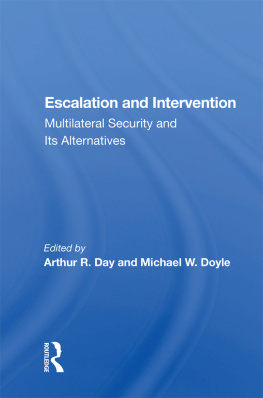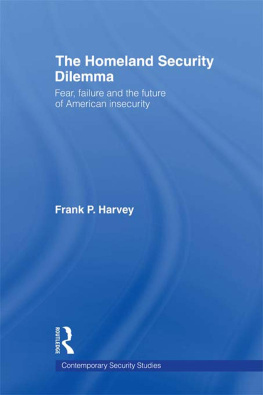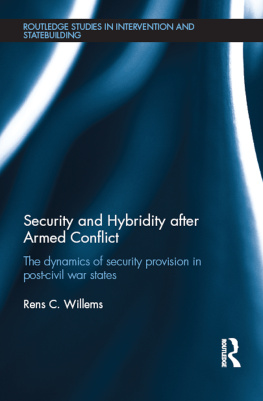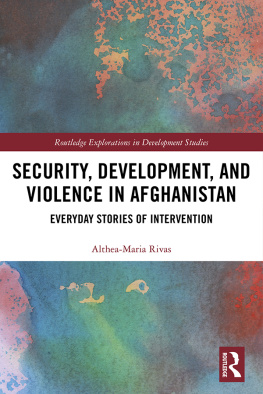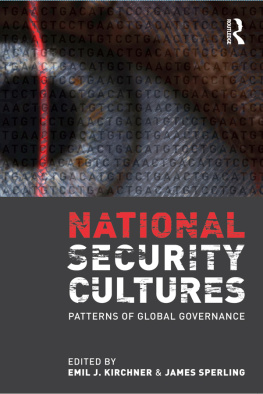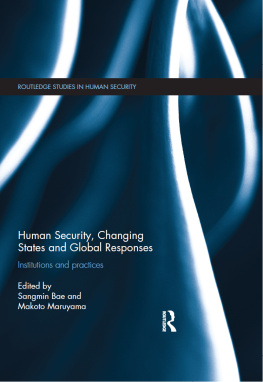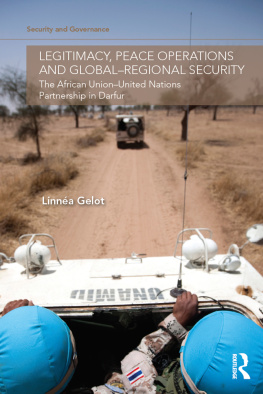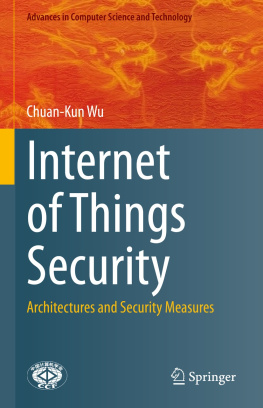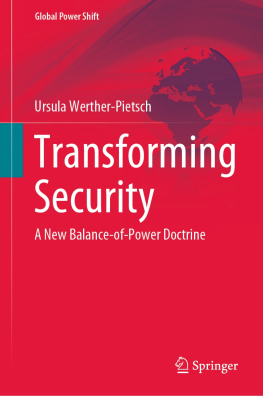Escalation and Intervention
About the Book and Editors
Since World War II, the international community has tried to insulate, limit, and resolve local conflicts. The generally poor success record has led some to conclude that multilateral organizations have failed in dealing with international conflicts, while others have argued that governments have not used these organizations effectively. Not enough thought, however, has been given to the contributions that can be made to conflict management and resolution through the use of diplomatic, political, military, and economic intervention by multilateral organizations, by unilateral action of national states, and by efforts of states acting in informal concert.
This book evaluates the means that have been used to influence the course of six recent disputes, considering the costs and benefits in each case. In a broader context, it examines the relationship of local conflict to international security and considers the dilemma of providing security to small states without compromising their independence. Finally, it assesses the extent to which local wars tend to escalate and threaten the global security system.
Arthur R. Day is a senior consultant to the United Nations Association of the USA and has served as deputy assistant secretary of state for Near Eastern and South Asian affairs. Michael W. Doyle is associate professor of political science at The Johns Hopkins University.
Published in cooperation
with the United Nations Association
of the United States of America
Escalation and Intervention
Multilateral Security and Its Alternatives
edited by Arthur R. Day
and Michael W. Doyle
First published 1986 by Westview Press, Inc.
Published 2018 by Routledge
52 Vanderbilt Avenue, New York, NY 10017
2 Park Square, Milton Park, Abingdon, Oxon OX14 4RN
Routledge is an imprint of the Taylor & Francis Group, an informa business
Copyright 1986 Taylor & Francis
All rights reserved. No part of this book may be reprinted or reproduced or utilised in any form or by any electronic, mechanical, or other means, now known or hereafter invented, including photocopying and recording, or in any information storage or retrieval system, without permission in writing from the publishers.
Notice:
Product or corporate names may be trademarks or registered trademarks, and are used only for identification and explanation without intent to infringe.
Library of Congress Cataloging-in-Publication Data
Escalation and intervention: multilateral security
and its alternatives.
(Westview special studies in international security)
Contents: Conflict in Chad / I. William Zartman
Civil conflict in Lebanon / Arthur DayThe Iran-Iraq
war / Barry Rubin[etc.]
1. Escalation (Military science)Addresses, essays,
lectures. 2. Conflict managementAddresses, essays,
lectures. 3. Security, InternationalAddresses,
essays, lectures. 4. Military history, Modern20th
centuryAddresses, essays, lectures. 5. World
politics1975-1985Addresses, essays, lectures.
I. Day, Arthur R. II. Doyle, Michael W. III. Series.
U104.E83 1986 327.1'6 86-4020
British Library Cataloguing in Publication Data
Escalation and intervention: multilateral security and its alternatives.
1. Arms control.
I. Day, Arthur R. II. Doyle, Michael W.
327.1'74 JX1974
ISBN 13: 978-0-367-00884-0 (hbk)
Contents
, Michael W. Doyle
, I. William Zartman
, Arthur R. Day
, Barry Rubin
, John W. Harbeson
, Louis Dupree
, Michael W. Doyle
, Arthur R. Day
This book is the product of a study undertaken in 1984-85 by the Multilateral Project of the United Nations Association of the USA. The study was intended to serve two of the principal purposes of the Project: to promote the development of better means to control and to resolve local conflicts and to spur a more realistic public debate about the efficacy of multilateral means, relative to other methods, to deal with conflict.
The study developed through a series of stages designed to bring academic experts together with professionals in the foreign policy field. After the authors had been chosen for the chapters on individual conflicts, meetings were held in which they discussed with academic experts from other disciplines, with UN officials, and with former US government officials the issues the study was intended to cover. When the chapters on the six conflicts were completed, in May 1985, a larger conference was held, of essentially the same groups of participants, in association with the Stanley Foundation of Muscatine, Iowa, to assess the conclusions that could be drawn from the cases studied. The Conclusions section is much indebted to the work of this conference.
The United Nations Association, and the book's editors in particular, deeply appreciate the interest, encouragement, and cooperation of the authors who participated in writing the book. Professor Zartman was especially helpful with advice and in reviewing the Conclusions section. Others who took part at various stages of the study and assisted in bringing it to a fruitful outcome included Professor John Gerard Ruggie of Columbia University, who chaired the May 1985 conference and reviewed the Conclusions section; James Sutterlin, George Sherry (now retired), and S. Iqbal Riza of the UN Secretariat; Professor John Murphy of Villanova University; former US Ambassador James F. Leonard, Chairman of the Board of the Committee for National Security; and former US Ambassador Donald Easum, President of the African-American Institute, All participated in one or more of the meetings with the study's authors. UN Under Secretaries General Brian Urquhart (now retired) and Diego Cordovez were generous with information and encouragement. Susan Koehrsen and Jeffrey Martin of the Stanley Foundation were expert and helpful in connection with the May 1985 conference.
Many United Nations Association staff members provided invaluable support and assistance, Frederic Eckhard (now in the UN Secretariat) headed the Multilateral Project during the period of the study. Ann Florini gave useful advice while conducting a successful project among UNA chapters and affiliated organizations on much the same subject. Cheryl Robinson struggled successfully over the months putting drafts of the book into the word processor and Susan Woolfson did a superlative job of coding for publication, while Constance Carpenter put the coded text into final shape on the disks. Linda Horkitz helped greatly to bring readability and consistency to the text.
The study was funded largely through grants to UNA's Multilateral Project by the James S. McDonnell Foundation and the Armand Hammer Foundation, as well as by generous individual contributions. The MacArthur Foundation is funding a UNA project that will emphasize public involvement in the consideration of conflict management and resolution; this book will be one of the source materials employed by the project.
The United Nations Association of the USA is a national organization that conducts programs of research, study, and information to increase public knowledge of global issues and the relationship of these issues to the United Nations system; to encourage, where appropriate, multilateral approaches in dealing with these issues; to build public support for constructive US policies on matters of global concern; and to enhance the effectiveness of the United Nations and other multilateral institutions.

